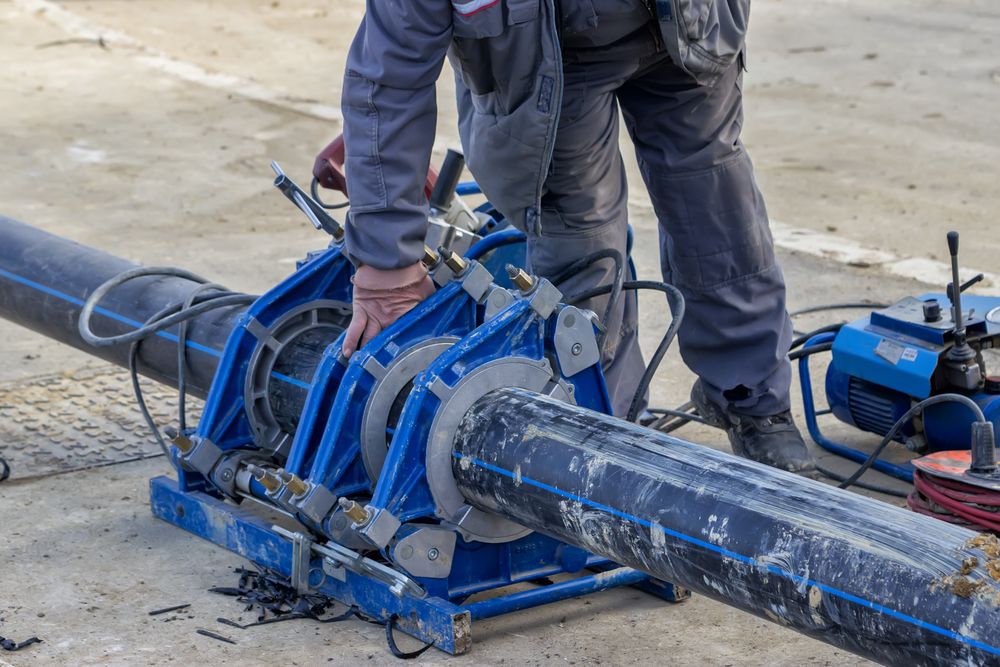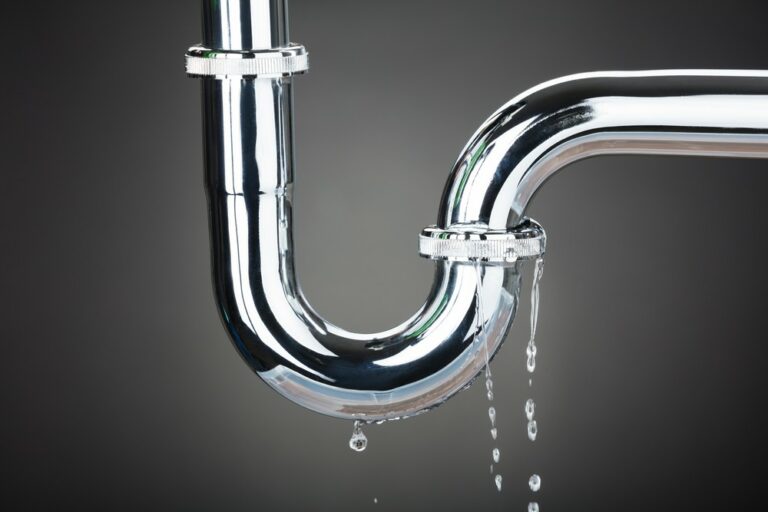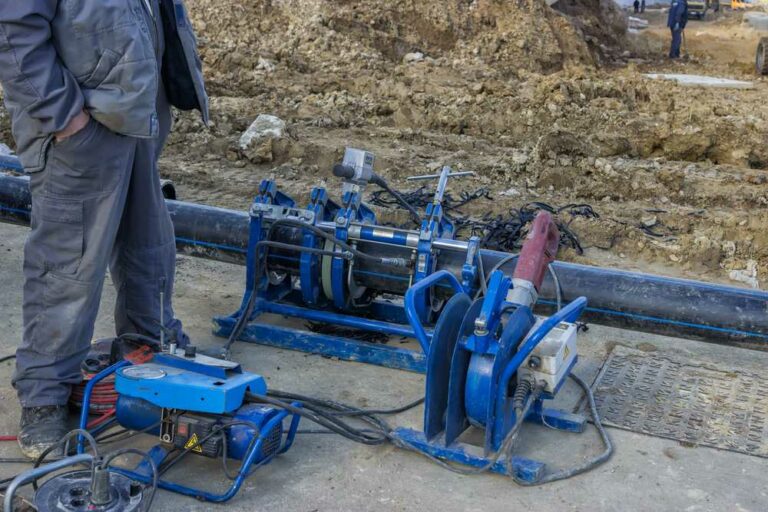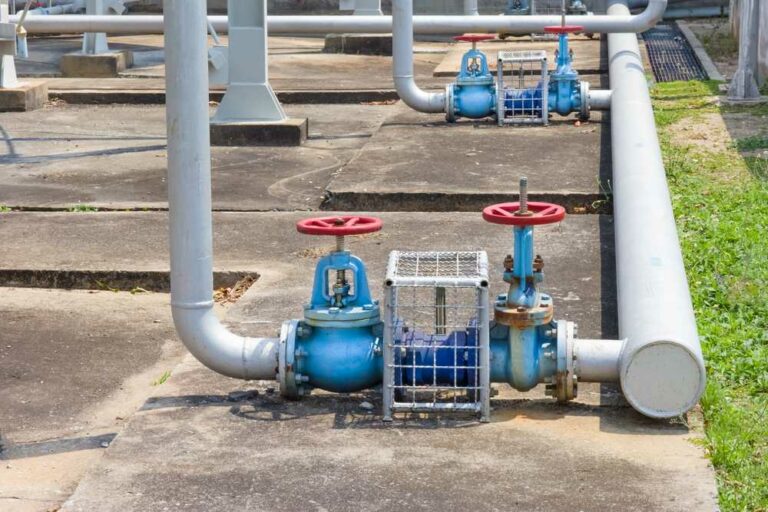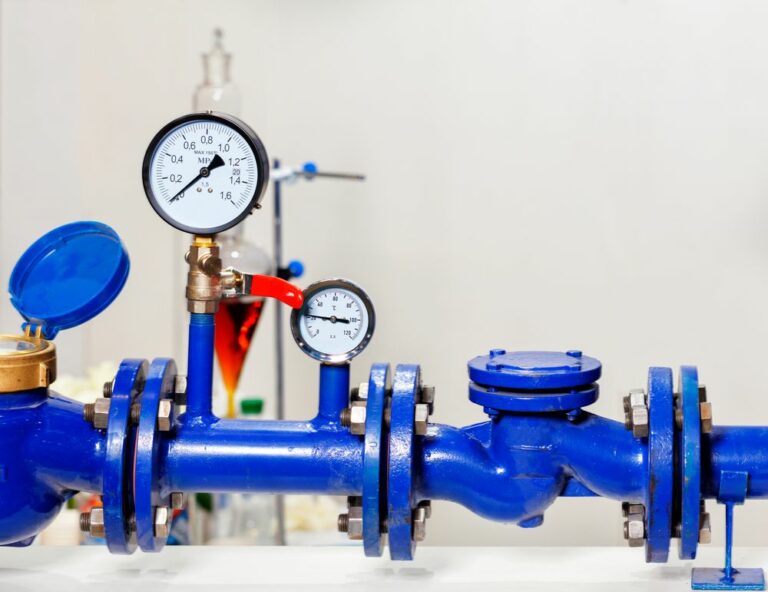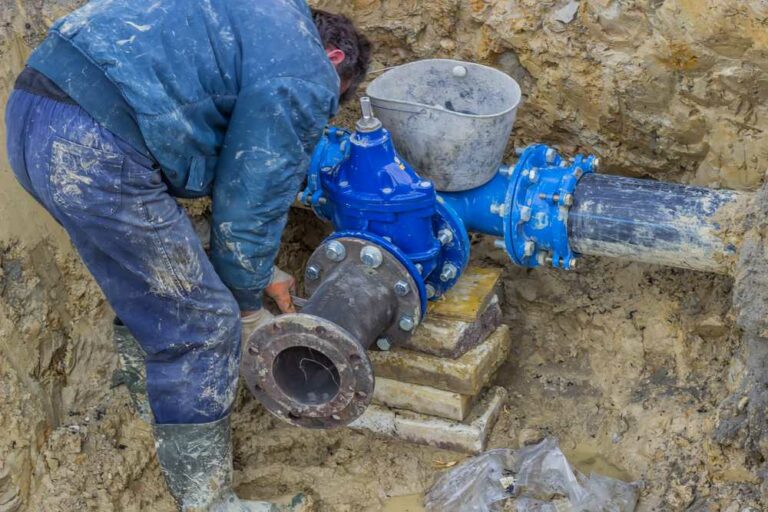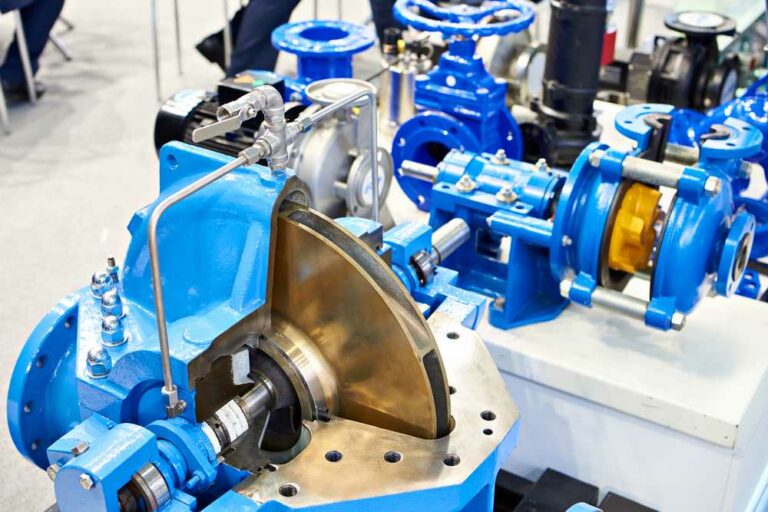How Much Does Backflow Testing Cost
: 10 Minutes
Did you know?
In the U.S., backflow testing is legally mandated in most areas, typically on an annual or biannual basis. This safeguards public health by preventing contamination that can lead to severe illnesses or fatalities, ensuring access to safe drinking water.
Backflow testing is an essential maintenance procedure to safeguard the purity of your water supply. It verifies that water flows in the correct direction, away from potential contaminants, preventing the pollution of drinking water. If you’re considering scheduling backflow testing, you might wonder about the associated expenses.
Understanding the factors that affect backflow testing prices, such as residential and commercial variations, additional fees, and the comparison between DIY and professional services, will help you make better decisions.
Key Takeaways
- The cost of backflow testing can range from $75 to $200 per test, with additional fees for repairs or replacement of faulty devices.
- The cost of backflow testing for residential properties can range from $50 to $200 per test, with additional costs for repairs or replacements.
- The cost of backflow testing for commercial properties can range from a few hundred dollars to several thousand dollars, depending on the size and complexity of the plumbing system.
- Additional fees and charges for backflow testing may include administrative fees, permit fees, and charges for repairs to meet required standards.
Know the Term- What is Backflow?
Backflow refers to the unwanted reversal of the normal direction of water flow in a plumbing or piping system. It occurs when contaminated or non-potable water flows back into the clean, potable water supply. This reversal can pose a significant health risk as it can introduce pollutants, chemicals, or contaminants into the drinking water system, potentially compromising its safety and quality.
Average Cost of Backflow Testing
Interestingly, the average cost of backflow testing can vary significantly depending on various factors. When it comes to determining the average cost for backflow testing, several elements come into play.
The size and complexity of the backflow prevention system, the location, and the local market conditions all contribute to the final cost. On average, backflow testing can range from $75 to $200 per test. However, it is important to note that additional fees may be incurred for repairs or replacement of faulty backflow prevention devices.
Some service providers might charge extra for emergency or after-hours testing. It is advisable to obtain multiple quotes from reputable backflow testing professionals to ensure a fair and competitive price.
Do you have the right backflow prevention device for your needs?
Backflow prevention devices are designed to prevent contaminated water from flowing back into the clean water supply. However, there are many different types of backflow prevention devices, and it is important to choose the right one for your specific needs. Backflow Only offers installation and repair services for all types of backflow prevention devices. Our experienced and certified professionals will help you choose the right device for your needs and install it properly. We also offer repair services for all types of backflow prevention devices. Contact Backflow Only today to learn more about our backflow prevention device installation and repair services.
Factors Affecting Backflow Testing Prices
Several key factors can significantly impact the prices of backflow testing.
- Complexity of the system: One of the primary factors is the complexity of the system being tested. Backflow prevention assemblies can vary in size and design, and more complex systems may require additional time and expertise to test properly, resulting in higher costs.
- Location of the Property: Another factor is the location of the property. Backflow testing prices can vary based on the region and local market conditions. In areas with higher living costs or a higher demand for backflow testing services, prices are likely to be higher.
- Accessibility: The accessibility of the backflow prevention assembly can affect prices. If the assembly is difficult to reach or requires additional equipment or labor to access, it can result in increased testing costs.
Residential Backflow Testing Costs
To accurately determine residential backflow testing costs, it is essential to consider various factors that can influence the overall expense.
The cost of residential backflow testing can vary depending on the location, size of the property, and the complexity of the plumbing system.
In general, residential backflow testing can range from $50 to $200 per test. However, additional costs may be incurred if repairs or replacements are necessary to ensure the proper functioning of the backflow prevention device.
It is important to note that backflow testing should be conducted by a certified professional to ensure accurate results and compliance with local regulations.
While the cost of residential backflow testing may seem like an added expense, it is a crucial step in maintaining the safety and quality of the water supply in residential properties.
Commercial Backflow Testing Expenses
Commercial backflow testing expenses can vary significantly depending on the size of the commercial property and the complexity of the plumbing system. Unlike residential properties, commercial buildings often have larger water supply systems, multiple plumbing fixtures, and more extensive plumbing infrastructure.
These factors can increase the cost of backflow testing for commercial properties.
Commercial buildings may require special equipment and expertise to conduct the testing accurately and efficiently, further contributing to the overall cost.
The cost of commercial backflow testing can range from a few hundred dollars to several thousand dollars, depending on the specific requirements of the property.
Additional Fees and Charges for Backflow Testing
When it comes to backflow testing, there may be additional fees and charges that homeowners or businesses need to be aware of. These fees can vary depending on factors such as the location, the size of the property, and the complexity of the backflow prevention device.
Some common additional fees and charges for backflow testing include administrative fees, permit fees, and repair fees. Administrative fees are typically charged to cover the cost of paperwork and processing, while permit fees are required for obtaining the necessary permits for backflow testing.
In some cases, repairs may be needed to ensure that the backflow prevention device meets the required standards, and these repairs may come with additional charges.
It is important to inquire about these additional fees and charges when scheduling a backflow test to avoid any surprises.
DIY Backflow Testing Vs. Professional Services: Cost Comparison
Homeowners and businesses should consider the cost implications of DIY backflow testing versus professional services.
While DIY backflow testing may seem like a cost-effective option at first, it is important to weigh the potential risks and benefits. One of the main advantages of hiring a professional for backflow testing is their expertise and knowledge in the field. They have the necessary training and experience to accurately diagnose and address any issues that may arise during the testing process.
Professional services often include a warranty or guarantee for their work, providing peace of mind for homeowners and businesses.
When it comes to cost, it is important to consider not only the price of the service itself but also the potential costs of any mistakes or inaccuracies that could occur during DIY testing.
Tips on How to Save Money on Backflow Testing
To maximize savings on backflow testing, individuals and businesses can explore cost-effective strategies and options.
One way to save money on backflow testing is to schedule the testing during off-peak seasons or times when service providers may offer discounts.
Another cost-saving option is to bundle backflow testing with other maintenance services, such as plumbing or irrigation system checks, to negotiate a lower overall cost.
It is essential to research and compare prices from different backflow testing service providers to ensure you are getting the best deal. Some providers may offer competitive rates or discounts for repeat customers.
It is also worth considering hiring a licensed and experienced backflow tester who can efficiently and accurately perform the testing, minimizing the risk of additional costs for retesting or repairs.
Why choose Backflow Only?
We are a licensed and insured company.
We have a team of experienced and certified professionals.
We offer a variety of flexible testing options to meet the needs of our customers.
We sell a wide range of backflow prevention devices.
We offer installation and repair services for all of the devices we sell.
The Importance of Regular Backflow Testing
Regular backflow testing is crucial for ensuring the safety and quality of your water supply. Backflow, the reverse movement of water from a contaminated source back into the clean water supply, can lead to serious health risks and water contamination. Regular testing helps to identify any potential issues with backflow prevention devices and ensures that they are functioning properly.
This is especially important in areas where there is a higher risk of contamination, such as industrial or commercial zones. By conducting regular backflow testing, you can prevent the potential spread of harmful bacteria, chemicals, or pollutants into your water supply.
It is essential to prioritize the importance of regular backflow testing to safeguard the health and well-being of your community and protect the integrity of your water system.
Conclusion
Backflow testing is an important maintenance task for both residential and commercial properties. Understanding the cost of backflow testing is vital for maintaining the safety and integrity of your water supply.
The cost of backflow testing can vary depending on factors such as location, the type of property, and additional fees. Always consult with certified professionals to ensure compliance with local regulations and the continued safety of your water supply.
Regular backflow testing helps ensure the safety and integrity of water supply systems, preventing the contamination of potable water.
Summary
- Backflow testing is a critical procedure to protect water supply purity, preventing the contamination of drinking water.
- Costs for backflow testing typically range from $75 to $200 per test, with additional charges for repairs or replacements.
- Residential backflow testing costs can vary from $50 to $200 per test, while commercial properties may incur higher costs.
- Factors influencing costs include system complexity, location, and accessibility.
- Additional fees such as administrative fees, permit fees, and repair charges may apply.
- Professional backflow testing is recommended due to expertise and warranty guarantees.
- Cost-saving strategies include scheduling during off-peak times, bundling with other services, and comparing quotes.
- Regular backflow testing is essential for water supply safety and quality, preventing contamination.
- Compliance with local regulations and hiring certified professionals are crucial for maintaining water safety.
- Backflow testing frequency varies but is typically required annually for many properties.
- Non-compliance can lead to fines, legal penalties, health risks, and water supply contamination.
PEOPLE ALSO ASK
What is backflow, and why is it a concern for water safety?
Backflow is the undesirable reversal of water flow in plumbing systems, potentially allowing contaminants to enter the clean water supply. It’s a concern because it can compromise the safety and quality of drinking water.
What are common sources of contamination that can lead to backflow?
Common sources of contamination include irrigation systems, swimming pools, fire sprinkler systems, and industrial processes. These systems can introduce non-potable water into the clean water supply.
Why is backflow testing necessary?
Backflow testing is necessary to ensure that backflow prevention devices are functioning correctly. Regular testing verifies that these devices are effectively protecting the drinking water supply from contamination.
How often should backflow testing be performed?
The frequency of backflow testing depends on local regulations and the type of backflow preventer in use. It is typically required annually for many residential and commercial properties.
What is the role of a certified backflow tester?
A certified backflow tester is trained to inspect, test, and maintain backflow prevention devices. They ensure that these devices are in compliance with local codes and are effectively preventing backflow.
Are there specific regulations governing backflow prevention and testing?
Yes, many municipalities and water authorities have specific regulations and codes that govern backflow prevention and testing. It’s essential to comply with these regulations to maintain water safety.
How much backflow testing typically does cost?
The cost of backflow testing can vary depending on location, the type of preventer, and the number of devices. On average, it ranges from $50 to $250 per device tested.
What are the consequences of not conducting backflow testing or failing to comply with regulations?
Failing to conduct backflow testing or comply with regulations can result in fines, legal penalties, and potential health risks. It can also lead to contamination of the public water supply, which poses serious health hazards.
What Is the Average Lifespan of a Backflow Prevention Device?
The average lifespan of a backflow prevention device can vary depending on factors such as the type of device, its quality, and maintenance. It is recommended to consult with a professional to determine the specific lifespan of a particular device.
Is Backflow Testing Required by Law in All States?
Backflow testing requirements vary by state. While some states mandate backflow testing for all properties, others have specific guidelines based on property type or location. It is advisable to consult the local plumbing codes or contact a licensed professional for accurate information.

